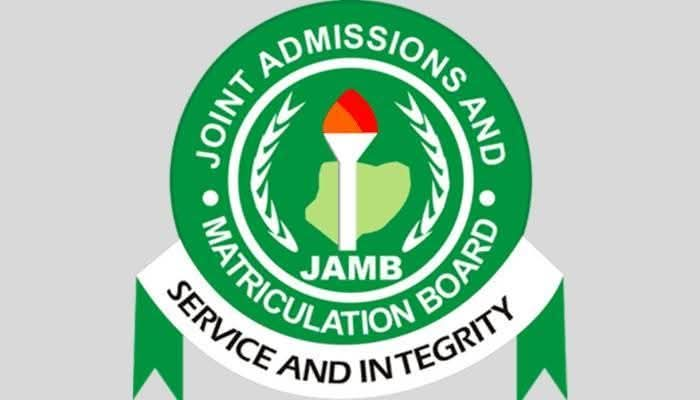
The Federal Government has approved a comprehensive reform of admission entry requirements into all tertiary institutions across Nigeria as part of efforts to expand access to higher education and promote fairness in the admission process.
The policy, announced by the Minister of Education, Dr. Maruf Tunji Alausa, is aimed at removing outdated barriers that have prevented many qualified candidates from securing admission despite meeting core academic standards.
Dr. Alausa said the reform aligns with President Bola Ahmed Tinubu’s Renewed Hope Agenda, which prioritizes inclusive education and youth empowerment.
“Every year, over two million candidates sit for the Unified Tertiary Matriculation Examination (UTME), yet only about 700,000 gain admission,” the Minister said. “This imbalance is not due to a lack of ability but rather outdated entry requirements that must give way to fairness and opportunity.”
According to the new National Guidelines for Entry Requirements, the Federal Government has approved revised criteria for universities, polytechnics, colleges of education, and innovation enterprise institutions (IEAs).
For universities, candidates must obtain a minimum of five credit passes in relevant subjects, including English Language, in not more than two sittings. Mathematics remains compulsory for Science, Technology, and Social Science courses.
For polytechnics, a minimum of four credit passes in relevant subjects, including English for non-science courses and Mathematics for science-related programs, is now required at the National Diploma (ND) level. For the Higher National Diploma (HND), five credit passes, including English Language and Mathematics, are mandatory.
For colleges of education, candidates for National Certificate in Education (NCE) must have four credits, including English Language for Arts and Social Science courses, and Mathematics for Science and Vocational programs. Degree (B.Ed) applicants are expected to have five credits, including English and Mathematics.
In the case of Innovation Enterprise Academies (IEAs), the National Innovation Diploma (NID) has been abolished and replaced with the National Diploma (ND) to ensure uniformity and credibility across institutions. The National Board for Technical Education (NBTE) is currently re-accrediting all IEAs nationwide to align with the new ND standard. Institutions that fail to meet the new requirements will be de-accredited.
The Ministry said the reform would create additional space for between 250,000 and 300,000 students to gain admission into tertiary institutions yearly.
“This policy will help reduce the number of out-of-school youths, strengthen technical and vocational training, and align Nigeria’s education structure with global standards,” Alausa added.
Meanwhile, the Joint Admissions and Matriculation Board (JAMB) has introduced a new ranking system for candidates sitting for the UTME.
Under the new arrangement, JAMB result slips will now display both the candidate’s actual score and their national rank, showing how each student performed compared to others nationwide.
The ranking, according to JAMB, will help schools make fairer admission decisions by considering both score and relative performance. For example, a candidate who scores 280 could rank 16th nationwide, while another with 200 might rank over 500,000th.
What This Means:
Schools will now consider both JAMB score and rank during admissions.
Admission chances depend on how well candidates perform compared to peers.
JAMB’s result slip will now show each candidate’s score and national rank.
JAMB also clarified that while some vocational and technical programs (such as those under the National Vocational Innovation Diploma) might not require JAMB strictly, the examination remains mandatory for admission into universities, polytechnics, and colleges of education.
The Federal Government reaffirmed its commitment to ensuring that the reforms deliver inclusive, transparent, and accessible tertiary education for all qualified Nigerian youths.










No Comments